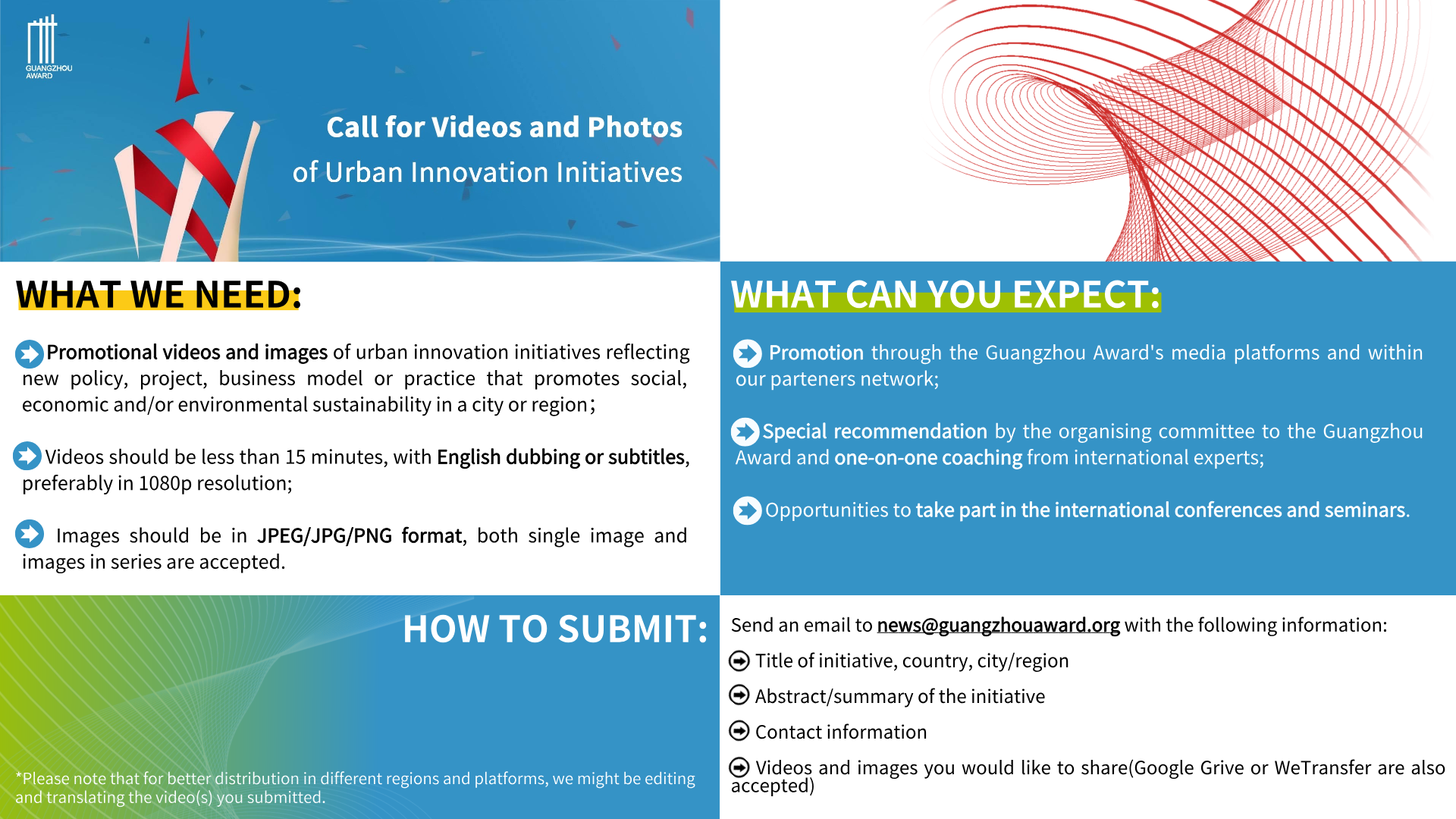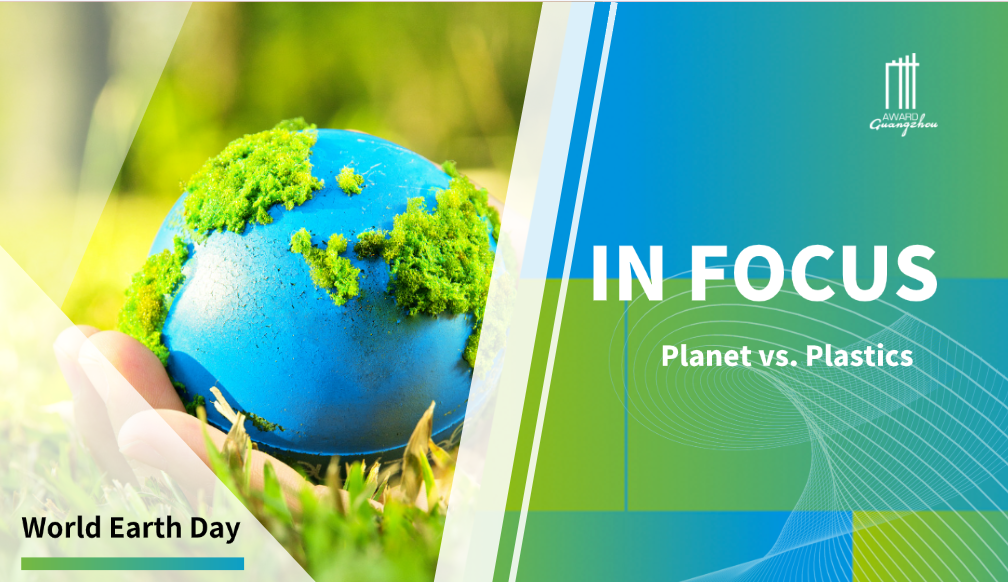Vancouver, Canada
Visionary Vancouver: Creating a Welcoming and Sustainable Place for All

Background Information
The City of Vancouver is acknowledged worldwide for its innovative city building. From an early refusal to undertake typical mid-century urban infrastructure projects, such as inner-city freeways and disruptive large-scale urban renewal of existing neighborhoods, Vancouver has developed a unique discretionary system for development that allows the City Council and staff to work to continuously improve the transportation system, reduce waste, conserve water, and support neighborhood sustainability and affordability.
In late 1988, the city launched one of the first-ever task forces in the world to examine the impact of atmospheric change on municipal planning and activities. The result was the June 1990 release of Clouds of Change, a report that described the goals set by Vancouver’s Task Force on Atmospheric Change.
In 2003, the city launched the Cool Vancouver Task Force. Its recommendations led to the creation of two 2005 action plans: one to reduce emissions from municipal operations and a second aimed at reducing community-wide emissions.
With this solid foundation, the City of Vancouver launched its Greenest City Initiative in February 2009 involving all levels of city government, citizens and business in a variety of initiatives, forums and outreach programs. Substantive green requirements for new buildings, increasing the diversity of housing, and evolving a flexible planning process are just a few of the initial steps set to ensure that Vancouver becomes the greenest city in the world by 2020.
In 2011, the City launched the Mayor’s Task Force on Housing Affordability, a major initiative to ensure Vancouver remains an affordable city for all. The Task Force builds on the City’s record of facilitating innovative housing solutions throughout the city to ensure that there are no “differentiated enclaves” but a city for everyone.
Goals of the Initiative
Vancouver’s continued focus on sustainable development is exemplified in the development of the village on the southeast shore of False Creek. Developed as a mix of medium and low rise buildings with 1,100 market and non-market homes, offices, retail and service uses, the village hosted the athletes of the 2010 Winter Olympics.
A key component of the development was the full integration of green technologies and environmental strategies including solar heat, passive energy design, a unique neighborhood energy utility, grey water systems, infrastructure for electric vehicles, and the creation of cutting-edge wetland habitats. As in earlier planning, most of these initiatives piloted in the village have since been translated into city-wide policies and programs. The village was the first major complete community certified to the LEED Platinum standard.
From the village experience, the city has seen the development industry reach for higher targets than mandated with many new projects achieving LEED Platinum.
To further the agenda and bring new thinking to the city, a number of related initiatives are underway that include:
•The University of British Columbia’s innovative summer internship program which sponsors 10 UBC graduate students to work on sustainability projects with the City of Vancouver. Graduate students are partnered with a city team and a mentor to investigate and implement one of 10 projects identified under Vancouver’s Greenest City 2020 Action Plan.
•The Vancouver Foundation partnership with the city of Vancouver to offer grants up to $50,000 for ideas to help Vancouver meet its 2020 goals.
•Current homeowners can take advantage of a Home Energy Loan Program to promote and assist in home energy upgrades.
The City of Vancouver have identified four high-priority operations:
•Plan and implement a comprehensive corporate waste reduction and diversion program for all city facilities.
•Develop a procurement policy and practice that supports the purchase and use of local food in city-run facilities, including community centers and Park Board restaurants and concessions.
•Look for opportunities to green community events that the city runs, sponsors, and permits.
•Plan and implement a program to significantly reduce greenhouse gas emissions as well as fossil fuel use in city-run buildings and vehicles, and achieve carbon-neutral operations.
For the Housing Task Force, public involvement through online forums such as Talk Housing and recent ideas competition, ReThink: Housing, have generated an extraordinary range of ideas on how new housing might be integrated into the existing city fabric.
Innovation for the Initiative
The Greenest City Initiative is a key component in the ongoing evolution of the city of Vancouver’s planning and development policies first set in the early 1970s. Those policies set the foundation on which the key principles of livability, inclusiveness, density, and sustainability were built upon.
Vancouver has been acknowledged as North America’s leader in developing compact, mixed-use communities and there are few cities in the world where density has been utilized so successfully to achieve a livable and sustainable environment. For the city, that means Green House Gas (GHG) emissions have been reduced to 1990 levels and continue to fall; in fact Vancouver has the lowest per capita GHG emissions of any major city in North America. Car journeys within the city continue to decline while transit use has risen by nine percent each year for 2010, 2011, and 2012, one of the largest increases of any city in North America, and bicycle ridership and walking are at all-time highs.
The Greenest City Initiative brings a comprehensive focus to the city’s ongoing sustainability efforts with three titled themes: Zero Carbon, Zero Waste, and Healthy Eco Systems providing the framework for the plan’s implementation.
Vancouver already has one of the greenest building codes in North America where new development must meet a minimum of LEED Gold standard, the city is piloting neighborhood scale renewable energy projects, innovative densification of neighborhoods, and with the mayor’s Housing Task Force the city is expanding on its work to ensure Vancouver remains a city for everyone.
Vancouver's innovative housing policies have created unique solutions to housing the disadvantaged, families, and others in affordable and purpose built facilities. Using a combination of development and conversion fees, leveraging city resources such as property and working with other levels of government, Vancouver has been able to replace ageing single room occupancy hotels with new purpose-built accommodations and provide new housing for families. In 2012, over 1,400 new housing units for the hard to house will have been completed under a unique agreement with senior levels of government which forgoes property taxes in perpetuity as long as the resulting buildings remain non-market.
The task force's role is "to examine conditions that exist in Vancouver which may act as barriers to the creation of affordable housing and the steps necessary to protect existing affordable housing, and to identify opportunities for increasing affordable housing."


 test
test Urban Innovation in China | Hainan: Transforming Mangroves into “Golden Groves”
Urban Innovation in China | Hainan: Transforming Mangroves into “Golden Groves” In Focus | Empowering the “She” in the Family
In Focus | Empowering the “She” in the Family In Focus | The World Earth Day: Planet vs. Plastics
In Focus | The World Earth Day: Planet vs. Plastics




















 Tel: +86 20 3780 4434
Tel: +86 20 3780 4434 Email: info@guangzhouaward.org
Email: info@guangzhouaward.org Address: Rm 1609, FuLiXinTianDi, No.307 Guangzhou Dadao Zhong, Yuexiu District, Guangzhou, Guangdong, 501600, PRC
Address: Rm 1609, FuLiXinTianDi, No.307 Guangzhou Dadao Zhong, Yuexiu District, Guangzhou, Guangdong, 501600, PRC




